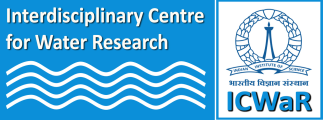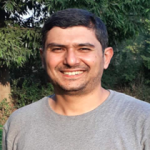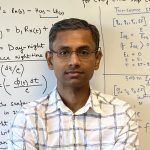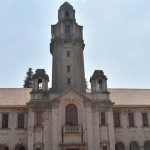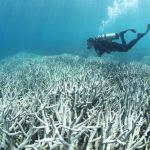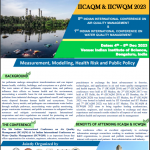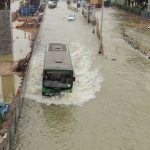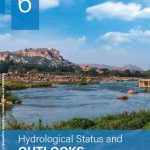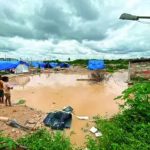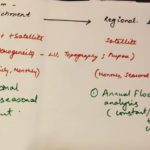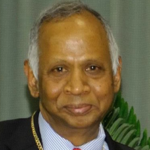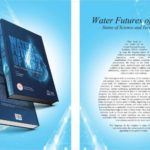The Anthropocene Concept: Disturbance(s) in the Terrestrial Hydrosphere
Name of the Speaker: Prof. S.K. Tandon
Title of the Seminar: The Anthropocene Concept: Disturbance(s) in the Terrestrial Hydrosphere
Date and Time: 24 Jan 2022 (Monday), 4:00pm
Online Platform: MS Teams [link to the video of the seminar]
About the Speaker: Prof. S.K. Tandon is an eminent geoscientist and academician who has been associated with several institutions of higher learning of our country. After an early stint at the Wadia Institute of Himalayan Geology from 1971 to 1976, he taught at the University of Delhi for 34 years until his retirement from there in 2010. Later, he was involved in teaching/research and mentoring at the Earth and Environmental Sciences departments of the IIT Kanpur (2013-2015), IISER Bhopal (2016-2022) and IISER Mohali (2017). Prof. Tandon has broad research interests in the field of geodynamic evolution of India and has contributed significantly to the understanding of several Phanerozoic stratigraphic records of the country, including the Late Quaternary sequences of the Ganga Plains and the Thar desert of Rajasthan. His lasting interest is in the understanding of Earth Surface Processes- both in modern and ancient continental sedimentary systems; it is this interest in Earth Surface Processes that has attracted him to the subject of Anthropocene.
Prof. Tandon has authored over 150 research papers and has co-edited both books and journal special issues/volumes. He is a Fellow of all the three science academies in India, besides being a Fellow of the Third World Academy of Sciences. He has served the Research Councils and the Governing Bodies of most of the Earth Sciences institutes of the country, and has chaired several of the Earth Science Committees of the DST, SERB, CSIR, besides having been the Pro-Vice Chancellor of the University of Delhi from 2005 to 2010.
Abstract: The term Anthropocene, little known two decades ago, was introduced by Crutzen and Stoermer in 2000 and is now in common usage in the discourse of different science disciplines, particularly in the Earth, Environmental and Life Sciences. Further, it has also been adopted in art and cinema, humanities, social sciences, and policy and governance amongst others. The essence of the concept is well articulated in the title of an article published in 2008 by three leading authorities (Steffen, Crutzen, and McNeill): ‘The Anthropocene: Are humans now overwhelming the great forces of nature?’ Notwithstanding debates around the meaning and definition of the term, as well as the placement of the lower boundary of the Anthropocene, the informal usage of the term stands firmly entrenched across several domains of knowledge. Additionally, the concept of a human-dominated planet is closely linked to the ideas of tipping points, planetary boundaries, and the exploration of safe operating space(s) for humanity, that have been quite effectively championed in the last decade by Rockstrom and his collaborators. Of the nine planetary boundaries advanced by these authors in an influential article published in Ecology and Society in 2009, the water boundary along with the attendant water cycle modifications /water resilience are issues of strong concern, and are therefore being elaborated currently.
In this talk, I shall discuss the development of these concepts in addition to presenting a few examples from India’s disturbed river systems.
Date/Time
Date(s) - 24/01/2022
4:00 pm - 6:00 pm
